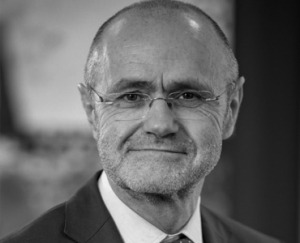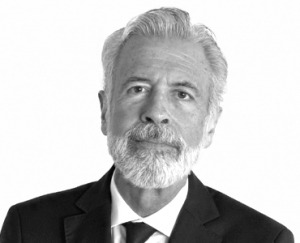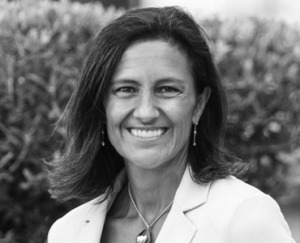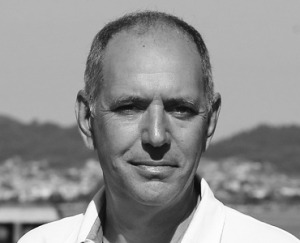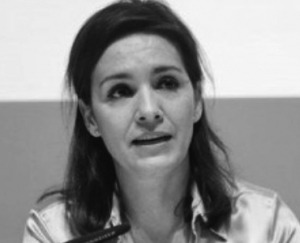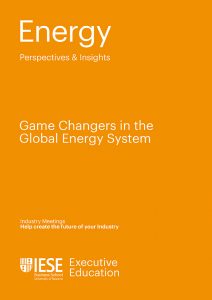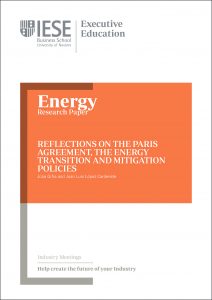A Turning Point in the Necessary Energy Transition? Let’s Face the Inconvenient Truths
Nobel laureate Al Gore used the phrase “an inconvenient truth” in 2006 to refer to the challenge of climate change. Today, we must also consider other inconvenient truths because, if they are not addressed, we will not be able to make progress with the huge undertaking of working toward a low-carbon economy.
- Being active agents in the capital goods industry of a low-carbon economy means partially postponing decarbonization for a time. The energy transition is intensive in metals and metalloids, which have a deep fossil-fuel footprint. China may gain one of its main competitive advantages in this crucial industry from the intensive use of coal.
- The Chinese and Indian poverty alleviation models are increasing their carbon footprint long before they start decarbonizing their economies. Some African countries favor following this path. These three geographic areas alone account for more than half the world population. That’s why greenhouse gas emissions keep growing every year.
- Digitalization, including artificial intelligence, virtual currencies and data centers, consumes such a steady flow of electricity that its exponential deployment may currently be incompatible with the supply of massive amounts of decarbonized electricity. We may be facing a clear conflict between digitalization, decarbonization and increased productivity.
- The same could be said of so-called strategic autonomy. Among other measures, it would require the intensification of primary activities such as mining and agriculture. It would also be necessary to reexamine the part of industry that is currently delocalized.
The location of mines of critical raw materials, the refineries where they are processed and the plants where technology goods are manufactured have suddenly become highly relevant. Along these lines, The United States’ recent Inflation Reduction Act (IRA) and current discussions in Australia on how to control the industry of critical materials processing highlight the new concerns that will certainly delay and increase the cost of the colossal transformation involved in the decarbonization of society.
However, the relevant provision of global public goods such as peace, health, food security, prosperity leading to the elimination of poverty, and decarbonization will not be possible without multilateral cooperation among sovereign states.
How should these movements be interpreted in Europe, where public opinion is so decisive when it comes to legitimizing political action? Initiative, power and the economy have always been delicate matters and the essential ingredients of any government of citizens. For these subjects with dignity, rights and obligations, the pendulum of power has always swung between the idealistic opportunity of achieving the impossible and the art of doing what is possible. Although this second option almost always lacks epic, lyrical appeal, when it is implemented with realistic ambition, it can achieve historic heights of social progress while avoiding the convulsions engendered by frustration with the unattainable. When doubts arise, finding inspiration in the nearly 30 centuries of Pharaonic Egyptian history is highly recommended.
We should therefore make a distinction between the goals (besides the necessary and urgent ones) that can be considered achievable and the ones that are unfortunately not currently achievable, either because the enabling technologies are not available (2022 update of the IEA’s Tracking Clean Energy Progress) or, as in other cases, due to the sovereign decision of states.
Having reached this point, by making use of all the technological options available, based on the principle of technology neutrality, and by working smart at a steady pace, let’s take a cold hard look at the priorities that should form part of the idealism of the possible.










